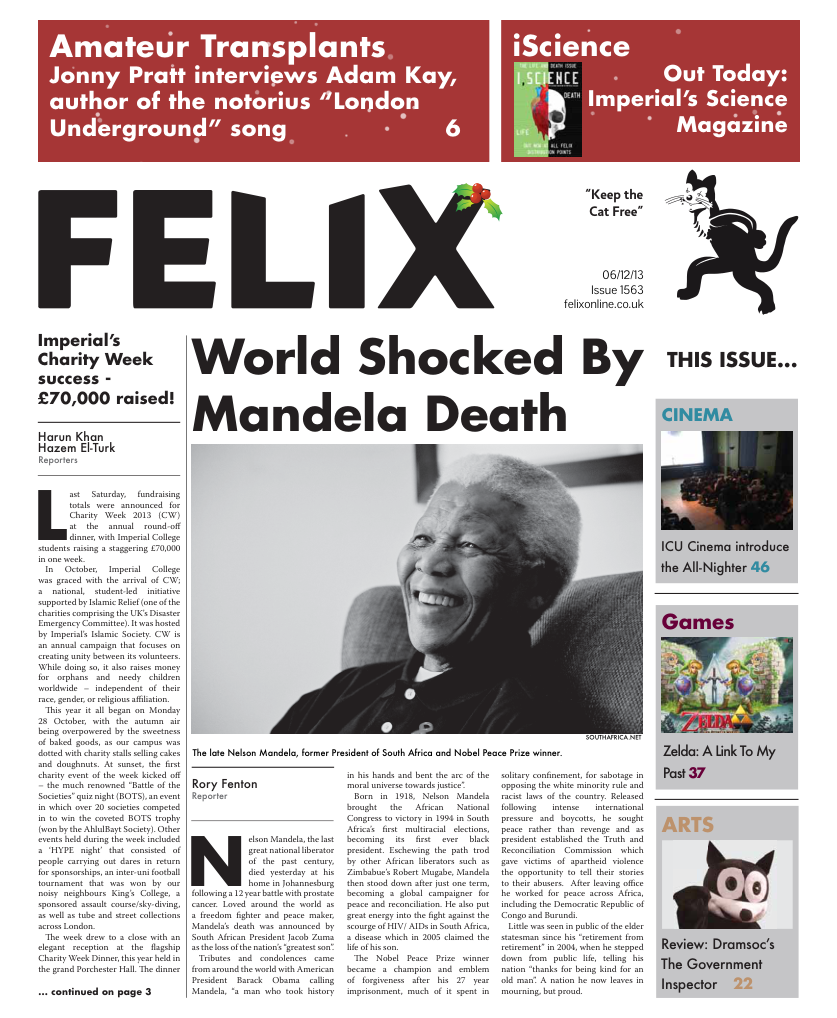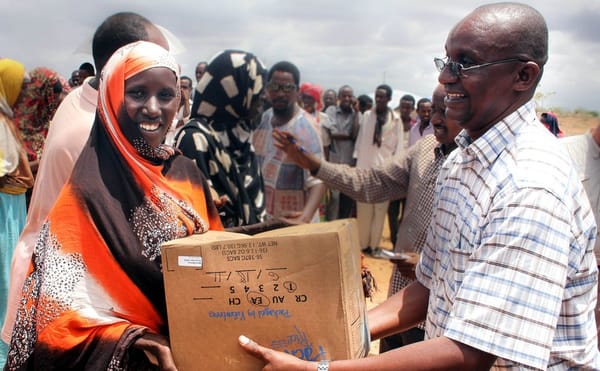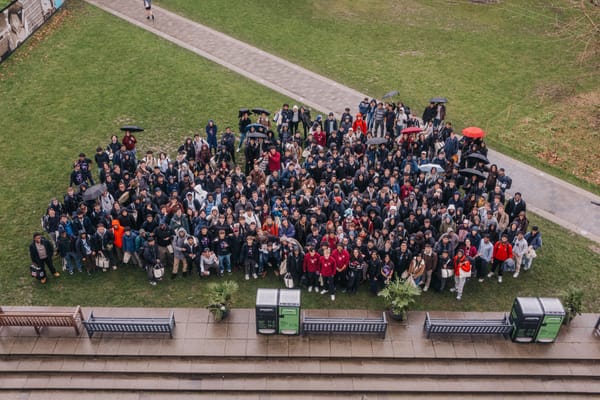Science Challenge’s Original Aim Exposed
John Sanderson, former President of the Royal College of Science Association (RCSA) on the origins of the Science Challenge
Every year the RCSU issues the Science Challenge, which has evolved into an essay competition with very acceptable prizes. However the original motivation for the challenge was only known to a select few – now it can be revealed.
Some years ago a curious old RCS alumnus found he had insufficient life expectancy to exploit the ideas and inventions he had accumulated over the years. He decided to find a group of IC students to explore these ideas by issuing a challenge with a cash prize with the assistance of the RCSU, which had just been reformed. That original question proved too difficult and was shelved. However it is still on the table and even though the prize was claimed, a. significant number of ideas remain to be shared with anyone willing to try.
This was that challenge :- In order to encourage the reformed RCSU and to forge ties with the RCSA, it was suggested that there should be a competition based on the following proposal.
--ooOOoo--
RCS Association Competition During the foreseeable future an event will occur which will either kill most of humanity or make the planet’s surface uninhabitable. Once that happens it will be too late to take any useful action, consequently it would seem prudent to get ready now, while we are still alive. The information needed to give our descendants a flying start on the way to a new civilisation will need to be in a long-lasting form and a format that will make sense to whoever is left of whatever ethnicity and language.
We are asking you to propose a terminal disaster, be it asteroid impact, super volcano or total global warming, and then propose a way to preserve the most suitable group of people and a method of supplying them with survival data, which you will define, in an indestructible way. Clearly I and a few members of the RCSA, would like to be included but this may not be acceptable to everyone else. Our chances of living for 100 or more years to see some new habitat are really doubtful. So who would be there and where would it be – on the surface – below ground – above the atmosphere? But please, not in space! This planet is home for some time to come. What language would the information be in? How will it be presented and where are we to put it? All these questions and more present themselves.
If you’re clever enough to be here how will you survive? A small prize is offered to the group that provides the most practical solution and an even smaller prize for the most amusing answer.
What would be left – and has someone done this before? If so, where is it?
--ooOOoo—
In the event the students opted for a far more immediate and practical challenge and decided to throw it open to the whole college. This became the Imperial College Science Challenge and on 20/2/06 appeared in Broadsheet as :-
How will science allow a long-term, self-contained settlement on Mars to become a reality? In order to attract as much interest as possible there were significant prizes offered and free drinks at the prize giving ceremony. It worked well with many competitors from across the College taking part. Five of the best entries were chosen for the judges to evaluate and the turnout for the final presentations in the Sir Alexander Fleming lecture theatre was impressive.






